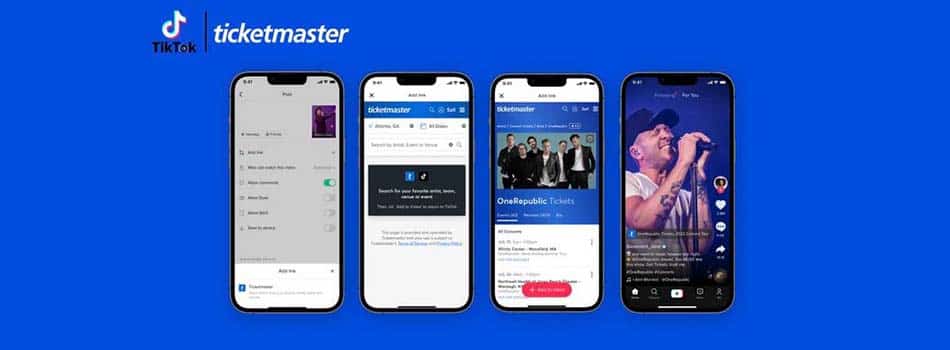Ticketmaster has long been dogged by claims it is operating as an effective “monopoly” alongside parent company Live Nation Entertainment, with its most recent firestorm kicked up over the pricing strategy for Bruce Springsteen and other tours as live entertainment recovers from the pandemic. National Public Radio examined the issues at hand for consumers and entertainment industry insiders in a recent edition of its 1A program, produced by WAMU in Washington, D.C.
Released this week, the 1A episode carried a straightforward question as its title: “Does Ticketmaster Have A Monopoly On Live Events?”
Guests for the program included American Antitrust Institute president Diana Moss, Pabst Theater Group CEO Gary Witt, New York State Sen. James Skoufis, and president and CFO of Live Nation Joe Berchtold.
The episode lasts 40 minutes, and is worth the listen for those who want to learn a little more regarding the entertainment business and the enormous “monopolistic” or “vertically integrated” entity at its center.
Throughout the show, Berchtold attempted to push back against numerous allegations of what many characterize as anti-competitive and anti-consumer behavior by the California company, which has seen record revenues in its earnings reports, driven largely by the increased adoption of “platinum” ticketing systems that drive up ticket prices at moments of high demand.
“I’m happy to be on and clarify some misperceptions here,” Berchtold said in his opening response to 1A host Jenn White. He claimed only one percent of tickets to the headline-generating Springsteen tour were being sold at prices beyond $1,000, while some 20 percent were priced at less than a hundred dollars. But he was on the defensive for much of the show, as Moss, Witt, and Skoufis all took turns illustrating examples of how they believed Live Nation and Ticketmaster are responsible for the mess that many believe modern live event ticketing has become.
“[Dynamic pricing] is a pricing strategy used by a firm with a lot of market power like Live Nation, it really become a vehicle for extracting enormous monopoly rents,” noted Moss in her initial discussion of the variable pricing model that has drawn so much criticism of late.
“The problem is when you don’t have competition to discipline prices in the market from other ticketing platforms, at least in the primary market, then really the sky is the limit for dynamic pricing, and it can really amount to price gouging, where a monopolist extracts a lot of that from the consumer and without competition we’ll see that practice used more and more to the detriment of fans and consumers,” she continued.
Witt joined the show later, discussing his companies choice to NOT use Live Nation or Ticketmaster for its ticketing, and the inherent difficulties in staying independent in the face of such a massive entity. And Skoufis joined last, discussing the recent changes to New York laws related to ticketing and how they might benefit consumers.




